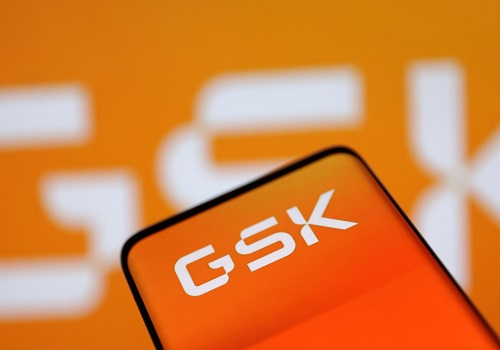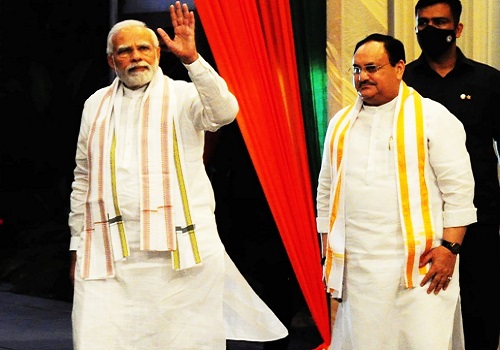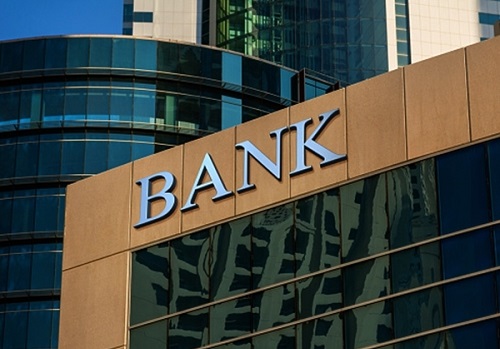No more leeway for personal guarantors post SC verdict
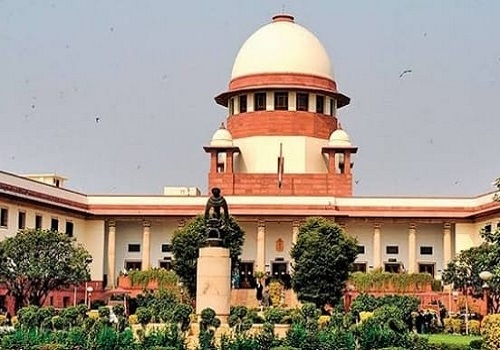
Follow us Now on Telegram ! Get daily 10 - 12 important updates on Business, Finance and Investment. Join our Telegram Channel
With the Supreme Court on Friday upholding the Centre's notification of November 15, 2019, allowing financial institutions to proceed against individual personal corporate guarantors for recovery of loans of a company under Insolvency and Bankruptcy Code (IBC) proceedings, legal experts say this verdict will go a long way in terms of recovery of dues by the creditors.
DHFL's former promoter Kapil Wadhawan and Bhushan Power & Steel's former owner Sanjay Singal may be among the affected people post the verdict.
Corporate lawywer Sumit Batra said that the judgment paves way for the lenders to initiate and pursue action against the corporate debtor and the personal guarantors simultaneously.
"Earlier, no remedy being in sight for the lenders to go after the personal guarantors, provided an easy escape route to the promoters and at times, used to act as a roadblock in the Corporate Insolvency Resolution Process. With this judgment, one can expect more debt realisation for the lenders as personal guarantors would now want to settle with the lenders to avoid any unwarranted consequences," he said.
According to Daizy Chawla, senior partner with Singh & Associates, the top court's verdict will be a relief to creditors who have faced haircuts as they will get some chance to recover some more dues even though with some delay as one can foresee lots of litigation.
However, she said that in some cases, there may be "no recovery even after spending time and money as personal guarantors usually don't keep assets except those given as guarantee in their name".
"The foreseeable consequence of this judgement would be a substantial benefit to the lenders and would be troublesome for the promoters who are involved as personal guarantors on the loan," said Sonam Chandwani, Managing Partner at KS Legal & Associates.
Chandwani, however, noted that the two pertinent reservations are needed to be addressed. She said that initiating insolvency proceedings against personal guarantors violates the guarantor's rights under the Indian Contract Act, especially the right of subrogation.
Secondly, duplicities of claims, as the NCLAT has ruled that if the CIRP of either the debtor or the guarantor is accepted, the other proceedings must be phased out. NCLAT's rationale is that it will otherwise result in argument duplication, Chandwani added.
Misha, Partner at Shardul Amarchand Mangaldas & Co, was of the view that the judgement will help settling the jurisprudence finally on simultaneous initiation and proceeding with insolvency resolution process against principal borrower and guarantors or co-guarantors or co-obligors as well.
"It would ensure maximisation of recovery under IBC and ensure stringent credit discipline in the future," said Sudhir Chandi, Director, Resurgent India Ltd.
In December 2019, the government came with a new provision that empowered lenders to move an application for initiation of insolvency against personal guarantors of corporate debtors.
Banks, thereby, pursued personal insolvency against those who have given personal guarantors to the corporate debtors. The new provision was challenged in different fora, claiming that it is always a board management that runs the company, and the promoters shall not be held accountable. The NCLAT held a similar view. The issue was challenged in the Supreme Court which has upheld the provisions under IBC about personal insolvency of the corporate guarantors.


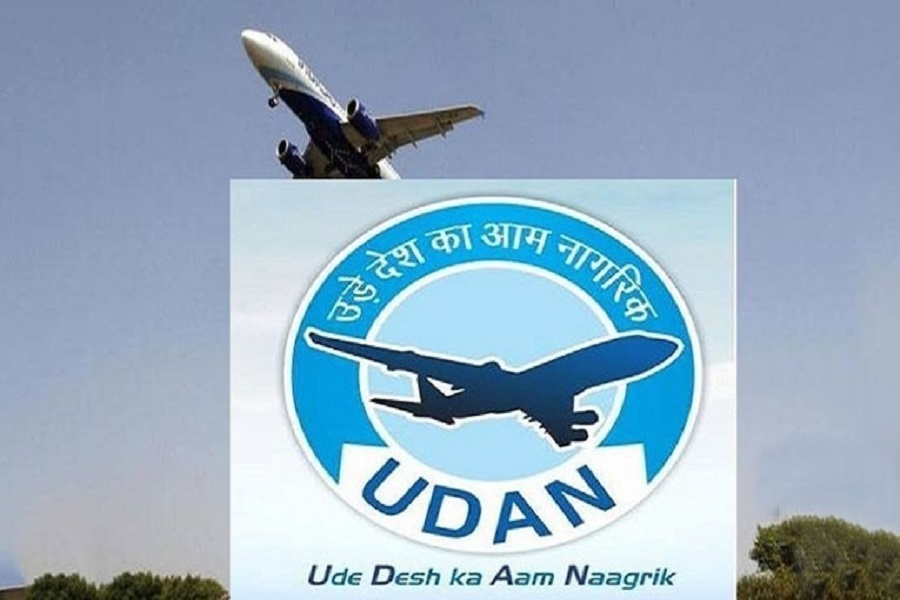
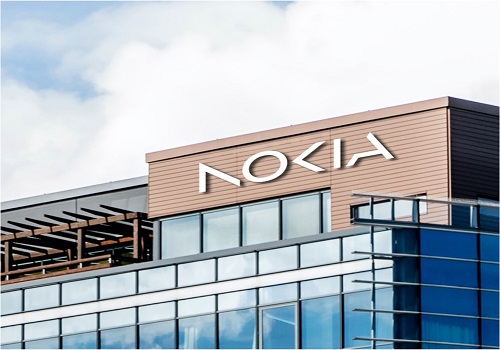






Tag News

Monthly Debt Market Update, September 2023: CareEdge Ratings







